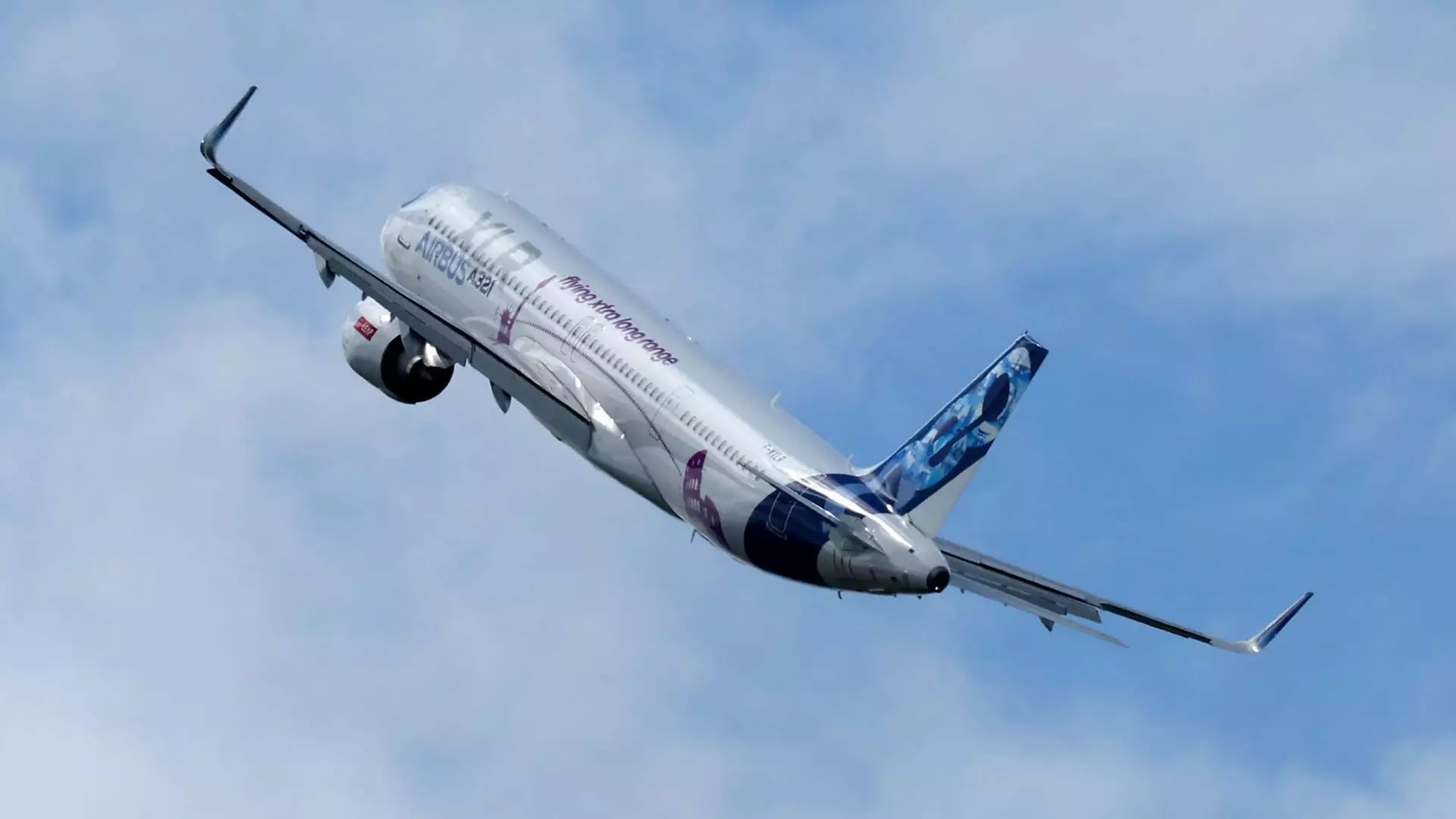The aviation industry, particularly manufacturers like Boeing and Airbus, has been facing significant challenges in ramping up airplane production post-pandemic. Issues such as training new workers have been highlighted as key areas that will take years to rectify. The impact of these struggles extends beyond the manufacturers themselves to airlines and suppliers who are left with a shortage of new, more fuel-efficient planes.
The aftermath of the pandemic has left a lingering impact on the aviation industry, with seesawing output and difficulties in meeting commitments to airlines and suppliers. This has resulted in a lack of predictability in production timelines, leading to uncertainty and second-guessing within the industry. Both Boeing and Airbus are grappling with the repercussions of the pandemic, as evidenced by their struggles to meet delivery targets and production goals for the year.
The air shows, which serve as key platforms for manufacturers to showcase their latest products and secure orders, have seen a significant decline in massive airplane orders in recent years. The absence of extensive orders at this year’s air show indicates the challenges faced by Boeing and Airbus in meeting customer demands and navigating supply chain issues. While both manufacturers managed to secure some orders, the overall order tally fell short of previous years, signaling a slow recovery for the industry.
One of the major contributing factors to the production challenges faced by Boeing and Airbus is the strain on the supply chain. Shortages of critical components like landing gear, engine components, and complex cabin interiors have hampered production timelines and deprived airlines of fuel-efficient planes. This has led to frustration among industry executives and calls for a more hands-on approach to address supply chain issues.
A key concern highlighted in the article is the need to train new workers to address the loss of skilled employees during the pandemic. Both Boeing and Airbus are faced with the challenge of attracting and training workers from diverse backgrounds who are new to the aerospace field. This process is expected to take several years and requires a significant investment in training and development initiatives.
While the aviation industry is slowly recovering from the impact of the pandemic, the road ahead remains challenging for manufacturers like Boeing and Airbus. Addressing supply chain issues, training new workers, and meeting production targets are critical areas that require immediate attention. The industry’s ability to navigate these challenges will determine its future sustainability and competitiveness in the global market.
The aviation industry is at a critical juncture as it grapples with the fallout from the pandemic and works towards a sustainable recovery. The challenges faced by manufacturers like Boeing and Airbus highlight the need for a proactive approach to address supply chain issues, train new workers, and meet production targets. Moving forward, industry stakeholders must collaborate and innovate to overcome these challenges and ensure a resilient future for the aviation sector.

